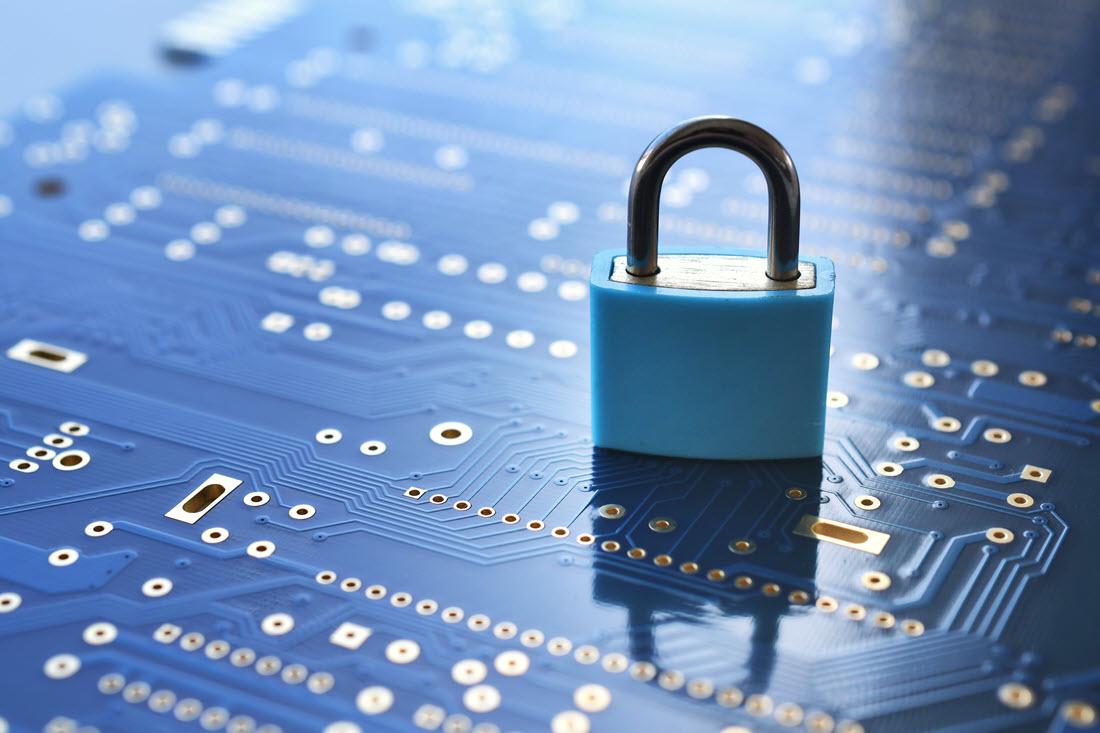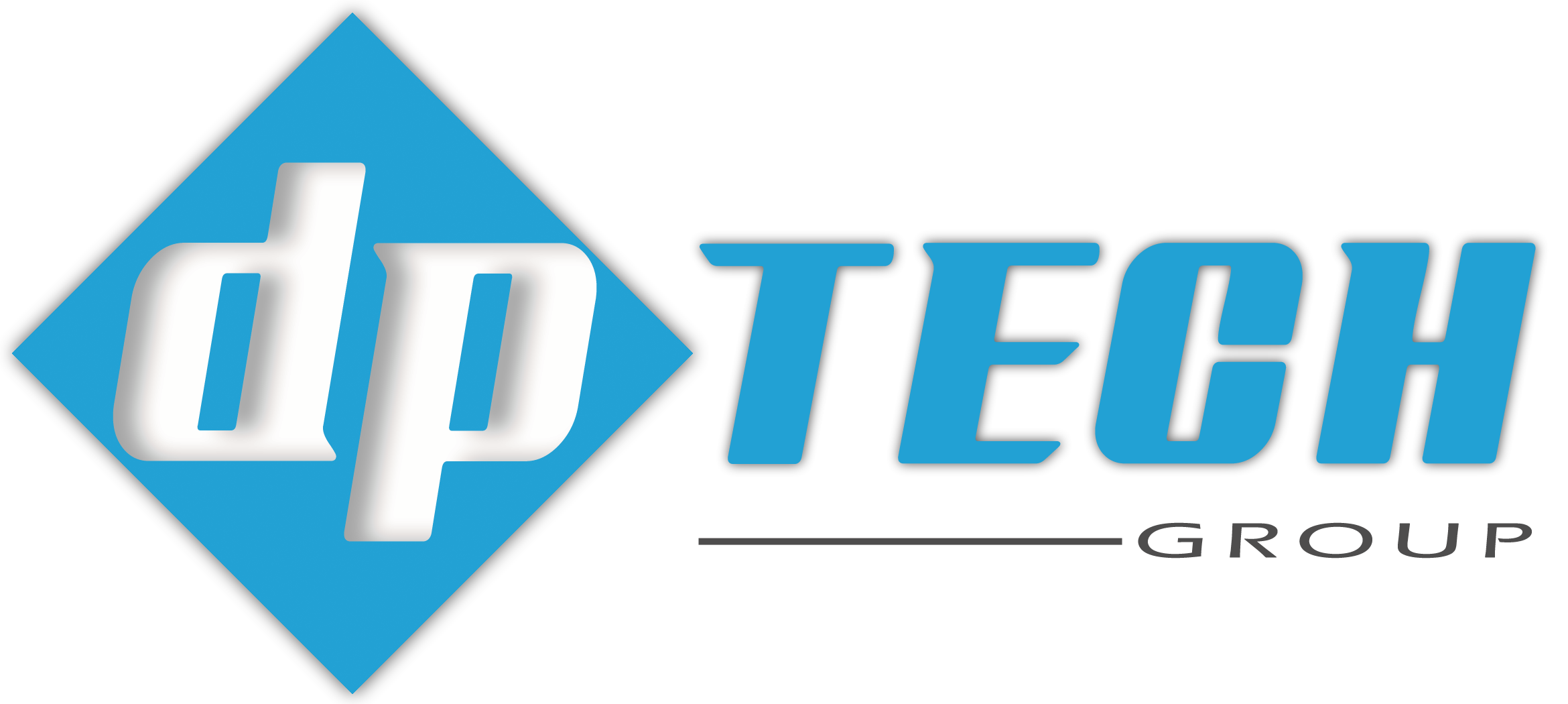Safeguards in HIPAA Compliance
Safeguards in HIPAA Compliance

The only objective of the HIPAA regulations and guidelines is – to ensure that electronic protected health information (ePHI) is secure, reliable, and accessible. HIPAA imposes rigid privacy and security requirements not only on HIPAA-compliant businesses but also on their business partners. These regulations prevent unaccredited use, public disclosure, changes, or loss of sensitive patient data. The three types of HIPAA security measures are operational, physical, and technological. Each category focuses on different aspects of security, with the goal of providing comprehensive protection for ePHI.
Administrative safety measures are the rules, regulations, and policies that direct an organization’s overall security program. These safety measures include, among other things – planning for disaster response, staff hiring and training, and risk management and evaluation. These actions are planned such that the staff members are conscious of their duties, comprehend all possible risk factors involved, and behave accordingly, to prolong HIPAA compliance.
The procedures established in place to safeguard the physical surroundings where ePHI is kept, processed, or communicated are known as physical safeguards. This includes access controls for facilities, workstations, and devices, as well as policies for the proper disposal of ePHI-containing media. Physical safeguards help prevent unauthorized access to systems and protect against theft, damage, or tampering. Finally, technical safeguards are security mechanisms implemented within information systems to protect ePHI from unauthorized access, alteration, or disclosure. Examples of technical safeguards include access control, encryption, and intrusion detection systems. These measures are essential for ensuring the privacy and security of ePHI as it is stored and transmitted electronically.
Together, these security measures create a strong security architecture that assists healthcare organizations in defending sensitive patient data from a variety of dangers. In addition to being required by law, compliance with HIPAA safeguards is essential for preserving patient confidence and guaranteeing the continuing growth of medical care entities. Organizations can limit the danger of data breaches, lower the possibility of expensive fines and penalties, and retain a positive reputation in the healthcare sector by putting in place an extensive array of operational, physical, and technical precautions.
Follow this link to know the Security Risk Assessment (SRA) process for the healthcare industry, and its implication in the HIPAA safeguards.

